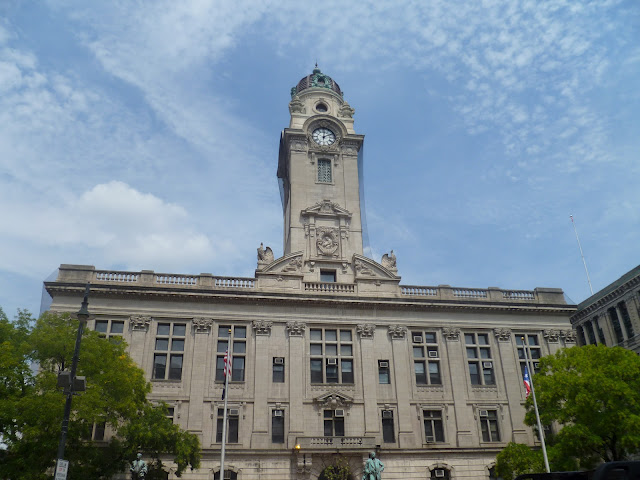The city council in an effort to join a scheme that will bring economic development to Paterson has scheduled a special meeting for Monday evening to hastily approve a resolution that will provide certain developers with tax breaks.
The New Jersey Economic Opportunity Act of 2013, a bill that was passed in the New Jersey legislature in mid-September, combines a number of tax incentive programs into one, with special attention given to the poorest four towns in the state: Camden, Trenton, Passaic, and Paterson.
The city hopes to take advantage of the new law by quickly passing a resolution signifying its willingness to participate, while amending its city law code to allow developers labeled “Garden State Growth Zone Development Entity” to obtain 10-year property tax exemption on new construction and improvements to property.
A business wishing to build a new office building for example, will be able to obtain a 10-year tax exemption from the city, during which period it is relieved of a burden: local taxes.
Companies that are not designated as growth zone entities will qualify for a reduced 5-year tax exemption for new constructions and improvements made to their current properties. After the aforementioned years, the company must pay its regular tax burden.
Ruben Gomez, the city’s economic development director, said during a discussion on the resolution, that this resolution will bring a good number of jobs to the city, mainly in sectors like biomedicine and manufacturing, energy, and so forth.
Companies that locate their business in the city are eligible under the new legislation to write-off 40-percent of their project costs, according to the law. For every job created or retained the company can collect $500 to $5,000 per year in tax credits. Businesses have until 2019 to take advantage of the remunerative deals.
Kenneth Morris, councilman at-large, said during a discussion last week that, if the city did not pass this resolution to get on board, Passaic, a neighboring town which has joined, will likely steal development opportunities from the Silk City. Morris said, developers wishing to build or do business in the city will just look “next door.”
There is a scare that the law will create low paying jobs in the state because Chris Christie, the state’s governor, using his veto power, removed a wage standard clause in the law prior to its passage. “He used his veto power to remove one of the few positive elements of the legislation: a prevailing wage standard that would have ensured that the New Jersey tax dollars invested in these subsidy projects help a wider array of workers,” commented Gordon MacInnes, president of the New Jersey Policy Perspective, a liberal think-tank. “What the governor has done is take a bad piece of legislation and make it even worse.”
Christie maintained the law makes the state more competitive against other states in attracting companies and therefore jobs for New Jerseyans. “This new group of incentives will lead to making us more competitive with other states,” said Christie, during a conference in September.
The legislation which passed on September 18th, 2013, provides towns with 90 days to opt-in; on November 18th, 2013, that time frame expires. The looming expiration date has forced council members to hold the special meeting.

